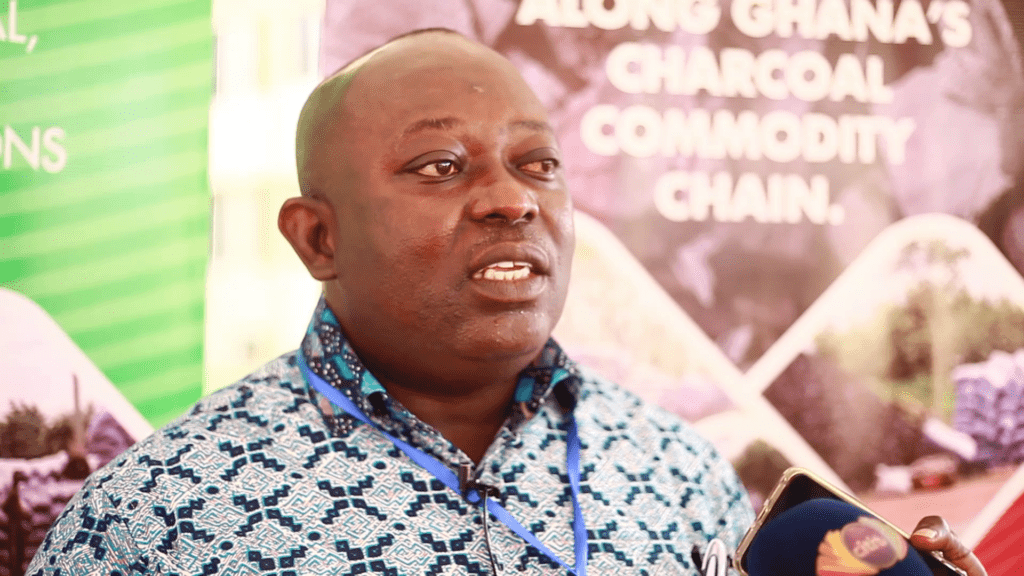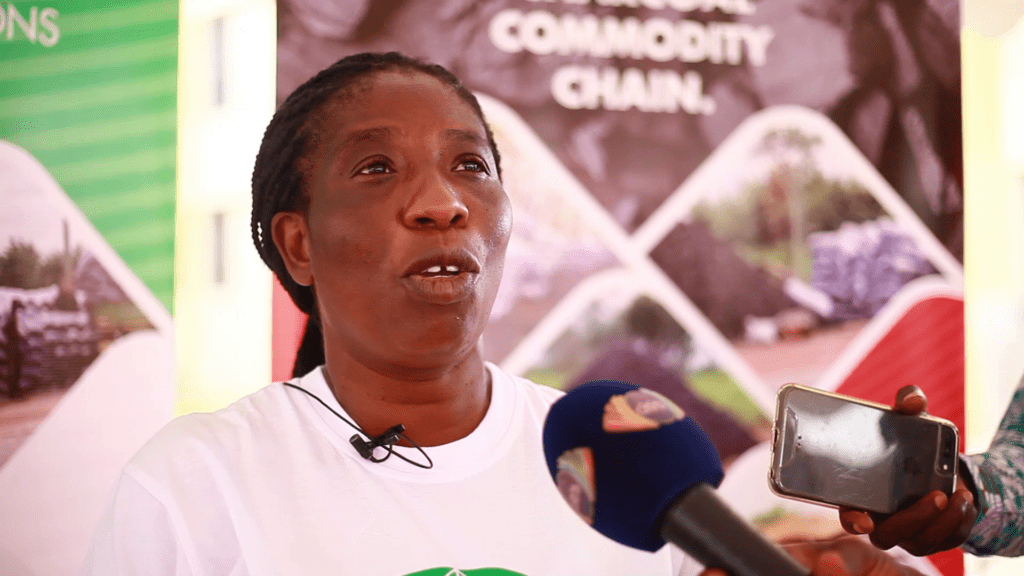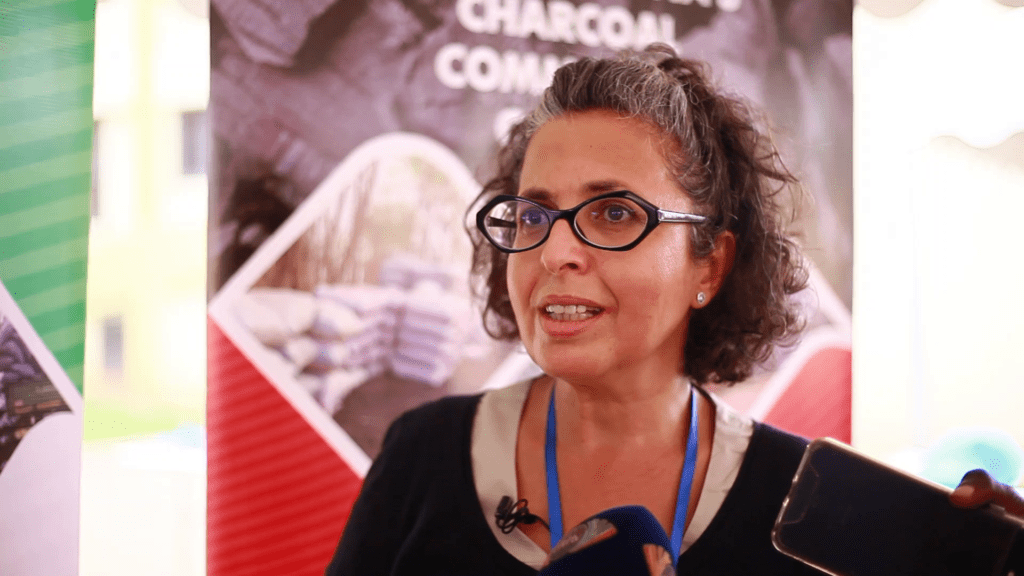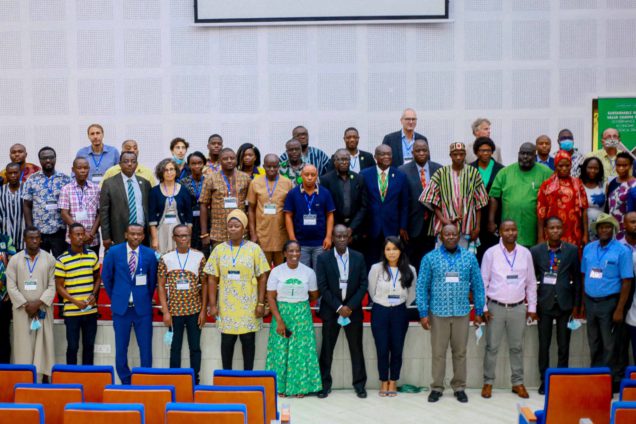About five hundred scientists and researchers are meeting at the KNUST to fashion out ways of enhancing the sustainable production of charcoal across Africa.
The conference is connecting policymakers and the private sector to advocate and explore strategies for scaling up.
Research shows wood fuel constitutes over 70 percent of the energy needs for cooking and heating in sub-Saharan Africa.
Scientists have observed consumption is on the rise, but accessibility to many households is characterized by poor harvesting and processing practices.

Professor Emmanuel Acheampong is the principal investigator of the conference.
“We are looking at ways in which we can enhance the contribution of charcoal to livelihoods while avoiding the undermining of raw materials on which charcoal is based. We need to find innovative ways to produce charcoal”, he said.
He then indicated that “A major solution is for institutions to establish their own woodlots so they can produce charcoal sustainably.”
The Conference's objective is to promote understanding and sharing of knowledge and good practices among scholars and practitioners in the wood fuel sector.

Dr Christian Pilegaard Hansen, from the University of Copenhagen, is the Project Organiser.
He said, “there is a risk for plantation if charcoal production is not done properly. It can dispossess people living on the land for livelihoods.”
“Government institutions like the Ministry of Land and Natural Resources and the Ministry of Energy can formalize the sector to regulate the way charcoal is produced and traded in this country”, he added.
The three-day conference was organized by the University of Copenhagen in partnership with Tropenbos Ghana, KNUST, the UN Food and Agriculture Organization, World Agroforestry and other international agencies.

Director of Tropenbos Ghana, Mercy Owusu-Ansah, said, “all stakeholders in the wood fuel production should come together to push the agenda.”
She said her outfit, “is ensuring leaders are sharing ideas and responding to issues on sustainability.”'

FAO Regional Office representative, Nora Berrahmouni reiterated the need for the forest to be restored.
She says, “restoration is not only at planting but also having good support and formalization of the sector. We must ensure people use the sustainable standard in production, and management of the forests as well as supply.”
Latest Stories
-
Managing Prediabetes with the Help of a Dietitian
16 mins -
Joy FM listeners criticise Achiase Commanding Officer’s election comment
37 mins -
Legal Aid Commission employees threaten strike over poor working conditions
40 mins -
Ghana ranked 7th globally as biggest beneficiary of World Bank funding
49 mins -
IMF board to disburse $360m to Ghana in December after third review
54 mins -
Former Bono Regional NPP organiser donates 13 motorbikes to 12 constituencies
60 mins -
Securities industry: Assets under management estimated at GH¢81.7bn in quarter 3, 2024
1 hour -
Gold Fields Ghana Foundation challenges graduates to maximise benefits of community apprenticeship programme
3 hours -
GBC accuses Deputy Information Minister Sylvester Tetteh of demolishing its bungalow illegally
3 hours -
Boost for education as government commissions 80 projects
3 hours -
NAPO commissions library to honour Atta-Mills’ memory
3 hours -
OmniBSIC Bank champions health and wellness with thriving community walk
3 hours -
Kora Wearables unveils Neo: The Ultimate Smartwatch for Ghana’s tech-savvy and health-conscious users
3 hours -
NDC supports Dampare’s ‘no guns at polling stations’ directive
3 hours -
Police officer interdicted after video of assault goes viral
4 hours

